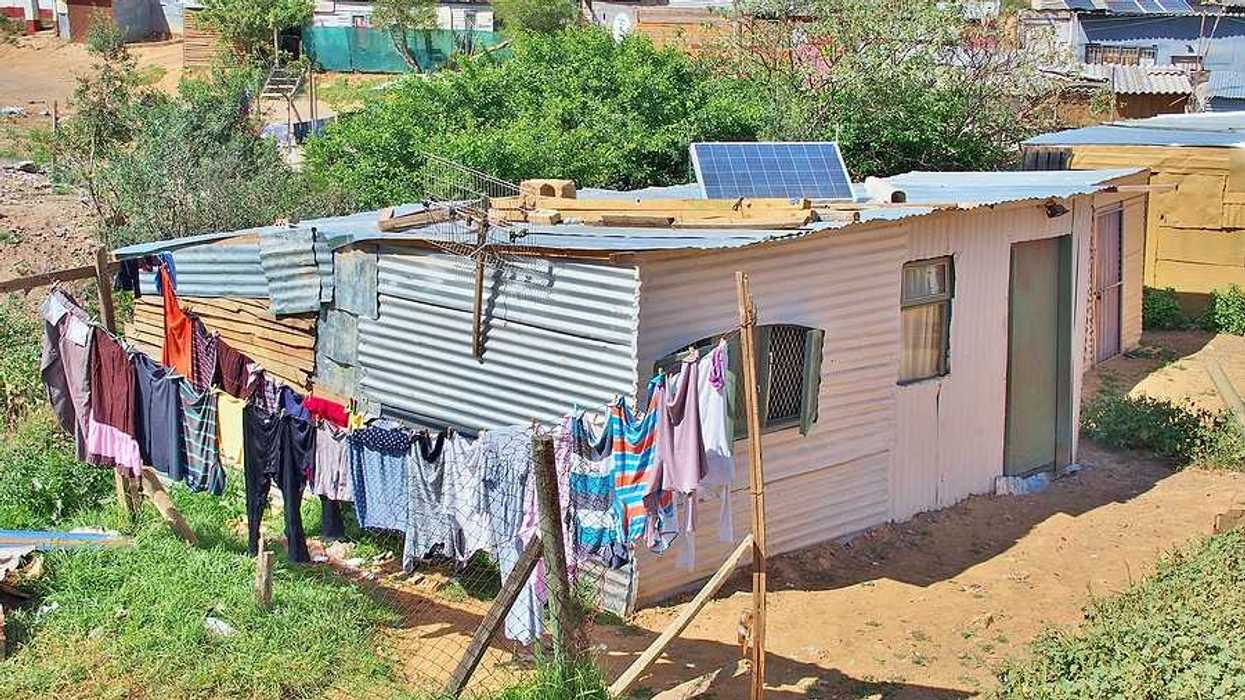In a move to combat the escalating plastic crisis, the United Nations proposes a treaty aimed at reducing plastic production and enhancing recycling efforts.
Akshat Rathi, Tiffany Tsoi, and Leslie Kaufman report for Bloomberg.
In short:
- The treaty, under negotiation, seeks a comprehensive approach beyond just recycling, addressing the entire lifecycle of plastics.
- It emphasizes the urgent need for reduced plastic production and the switch to alternatives, in response to plastic's significant environmental and health impacts.
- The treaty's success hinges on global cooperation, innovative solutions, and addressing the financial aspects of waste management and pollution prevention.
Key quote:
“This cannot be — and some parties would like it to be — just a recycling treaty. We didn't need a treaty for having a fire brigade. We don't need a treaty for having a recycling system. It's obvious and something that we just need to do.”
— Inger Andersen, head of the UN’s Environmental Program
Why this matters:
The production of plastics continues to rise, driven by global demand. However, efforts to reduce plastic production and mitigate the effects of plastic pollution are gaining momentum globally, reflecting a growing awareness of plastic's environmental impact.
Scientists say health should be the core of global plastic treaty














